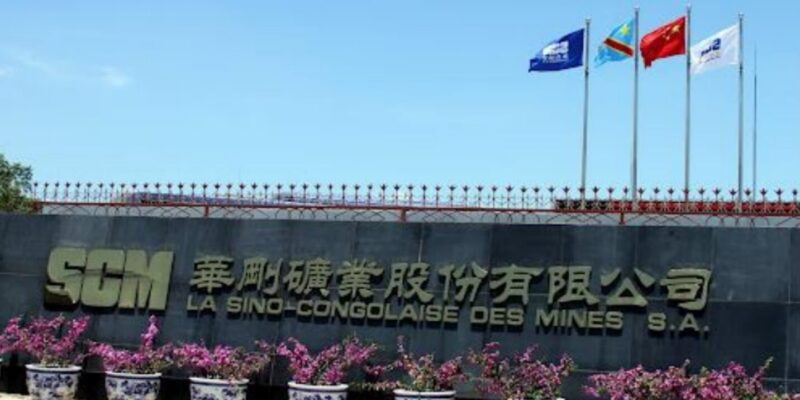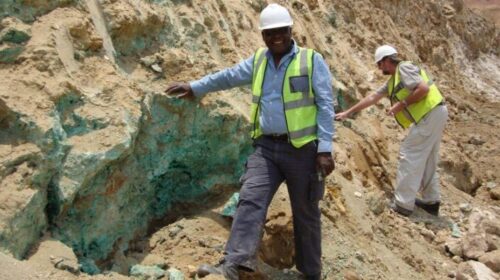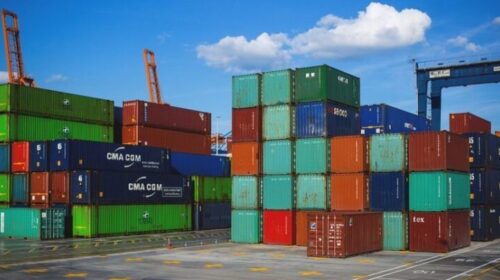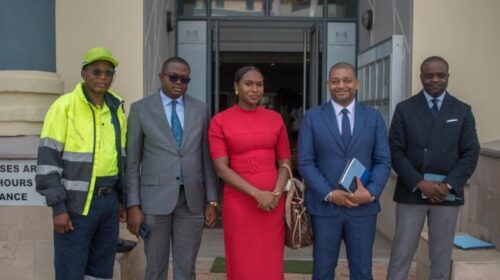DRC’s National Assembly to Scrutinize Chinese Contract under Parliamentary Control
After President Félix Tshisekedi’s wish to revisit the Chinese contract in order to rebalance the advantages between the different parties, the National Assembly will also examine contracts signed between the Democratic Republic of Congo and third parties, including the Chinese contract.
The announcement was made during the plenary session on Tuesday March 21, 2023 by the President of the National Assembly, Christophe Mboso.
“It should be remembered that during this session, contracts signed between the Congolese State and certain partners will be subject to parliamentary control such as the Chinese contract and many others.
I wanted you to remember this, that in the days to come we will invest ourselves because this bad governance deprives the Congolese State of the essential revenue for development”, said Christophe Mboso in his opening speech of the plenary.
Mboso insists on the need to enforce the mining code in force in the Democratic Republic of Congo.
“With regard to the law of mining concessions, the Mining Code must be strictly respected by the actors of the sector. As long as this is not respected, as long as the Congolese State does not find its account, these contracts will appear as leonine contracts,” he added.
Previously, the General Inspectorate of Finance (IGF) had denounced in a report the unbalanced nature of the “Chinese contract” by which China had undertaken in exchange for the exploitation of mineral wealth, to build infrastructures whose country has badly needed since its independence.
The Chinese side had undertaken, via a consortium of Chinese companies (GEC), to build 3,500 km of roads, as many kilometers of railways, 31 hospitals with 150 beds and 145 health centres.
All for an estimated value of 6.5 billion dollars and in exchange for mining concessions in the DRC and loans to the Congolese state.
In this report, the IGF highlighted significant disbursements made in favor of Chinese companies established in the DRC, but very low investments in infrastructure for the benefit of the country.
She noted several cases of imbalance in this agreement described as “contract of the century”. By way of illustration, the IGF notes what it considers to be a “little infrastructure investment”
Also according to the report, Sicomines (Sino-Congolese Mining Company), the joint venture bringing together the Congolese public mining company Gécamines, and, for 68% of the capital, the firms Sinohydro Corp and China Railway Group mobilized financing for 14 years ,a total amount of 4.471 billion dollars and only allocated 822 million dollars to the financing of infrastructure works, that is 18.38% of the total financing mobilized.
The IGF believes that there has been no serious monitoring of the investments made by the Chinese partners and of the income generated by the Sicomines joint venture.
Under the Sicomines deal, Chinese investors pledged to spend three billion dollars on infrastructure projects. But the IGF is now asking China for $17 billion in additional investments to rebalance this agreement concluded with the DRC under the reign of President Joseph Kabila.
49 total views , 1 views today





